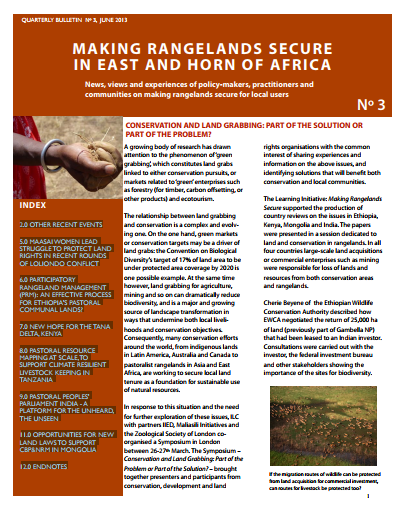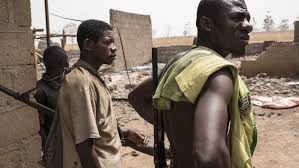Estatuto da Cidade: função social da cidade e da propriedade. Alguns aspectos sobre população urbana e espaço
Resumo Este texto apresenta os instrumentos contidos na Lei 10.257/01 Estatuto da Cidade. Aponta algumas contradições, conflitos, permanências, mudanças no Estatuto da Cidade em relação  questão fundiária urbana,  s atribuições da união, estados e municípios, planejamento urbano e participação social. Reflete sobre a ausência da dimensão espacial para a aplicação dos instrumentos nas áreas urbanas de mais de quatro mil municípios, regiões metropolitanas e aglomerações urbanas.





